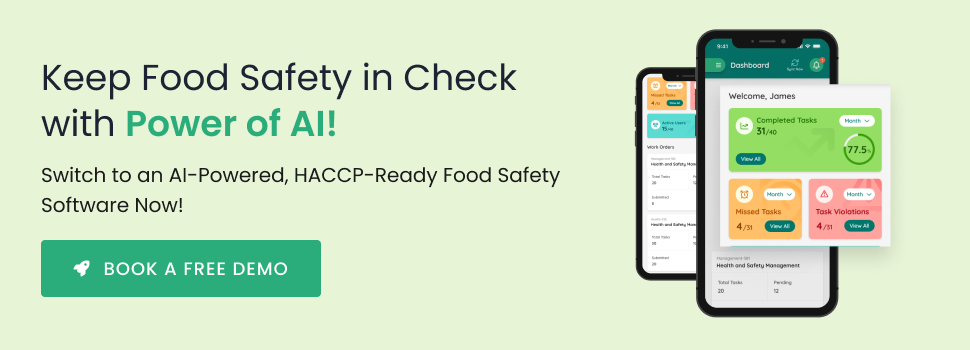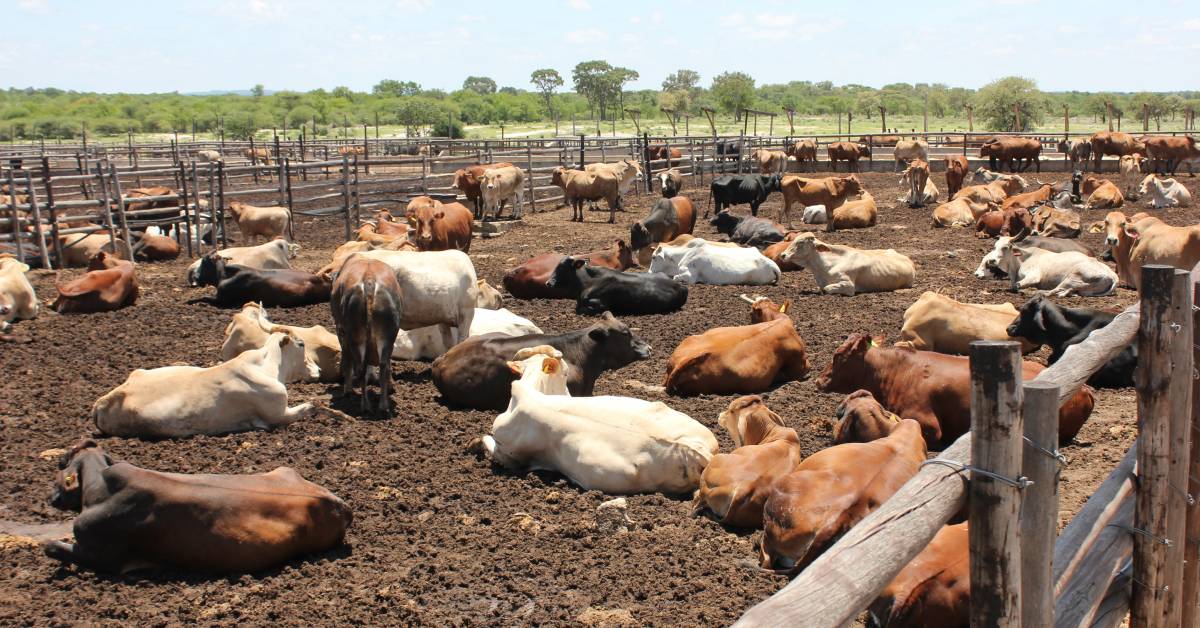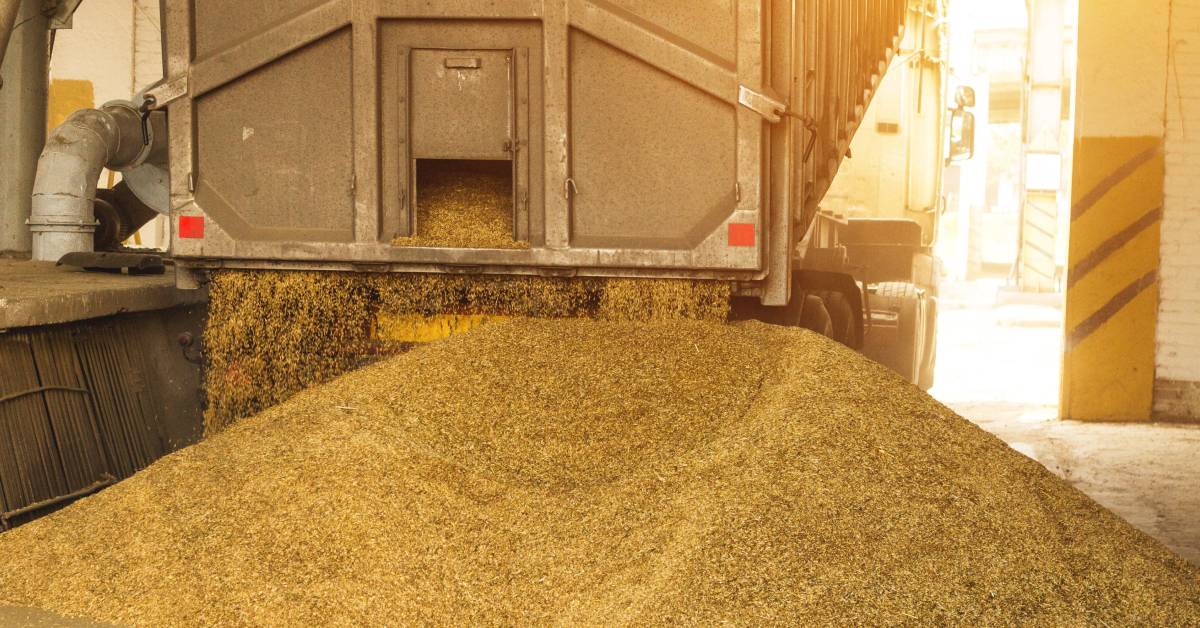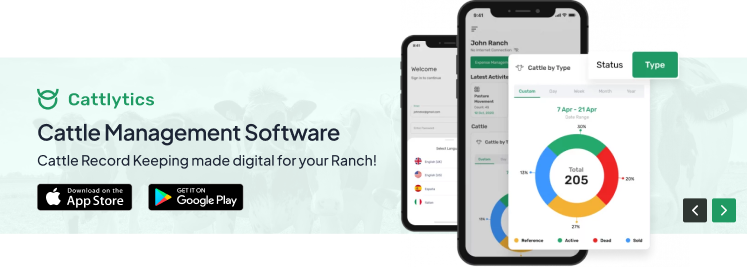Food safety management systems, which incorporate risk reduction, regulatory compliance, and process optimization, have developed into essential guardians of quality in today’s complex food production environment.
These systems are the cornerstone of excellent food safety and go beyond simple precautions. They strengthen consumer protection by incorporating painstaking aspects that guarantee each stage, from sourcing to distribution, and comply with strict criteria.
In this article, we go beyond the fundamentals to explore the relevance of these systems, exploring how they contribute to quality improvement, enable digital solutions, and promote a safer, more sustainable food business.
What is a Food Safety Management System?
Food Safety Management System (FSMS) is a comprehensive framework implemented by food-related companies to ensure the production of safe and high-quality products.
The system encompasses procedures, food safety practices, and protocols to identify, assess, and mitigate food production and distribution risks.
Essential for safeguarding public health and upholding consumer confidence, FSMS Software plays a pivotal role in the modern food industry.
By integrating various elements such as quality enhancement, risk mitigation, regulatory HACCP compliance, and process optimization, FSMS software prevents foodborne illnesses and contributes to food businesses’ overall reputation and success.
The system assures adherence to legal requirements, reduces the likelihood of product recalls, and enhances consumer protection. Ultimately, embracing FSMS software is a legal necessity and a commitment to excellence in producing and delivering safe food to consumers.
While it may sound surprising, did you know that companies looking to digitize their food safety management systems can now do it in less than an hour?
EcoDocs, developed by Folio3 AgTech, gives organizations the tools to preserve the highest levels of quality and safety through real-time insights and automation.
Powered by artificial intelligence, EcoDocs can help teams save up to 30% more time on food safety tasks and use built-in HACCP plans to make their operations compliant.
Start using Folio3 FoodTech’s advanced food safety management software by booking a free demo.
What is the Purpose of the Food Safety Management System?
A food safety management system aims to prioritize the consumer’s health while acting as a solid barrier against pollution. The system eliminates potential risks by employing strict procedures, regular food safety audits, and proactive risk assessments.
Every process step, from sourcing to distribution, is carefully examined to reduce the chance that pollutants will enter the food chain. Such actions guarantee legal compliance and reassure consumers that their safety and health are top priorities throughout food production.
Moreover, businesses can use management systems as a structured compass to prevent food contamination and traverse the complex landscape of food safety standards. These systems ensure that every facet of manufacturing, storage, and distribution complies with strict criteria by painstakingly aligning procedures with industry standards and legal requirements.
In an industry where consumer confidence depends on unwavering adherence to accepted norms, food management systems help businesses to function confidently inside the regulatory framework, fostering safety and trustworthiness.
Why is a Food Safety Management System Important?
A food safety management system is essential for protecting public health. It helps in identifying potential hazards throughout the food production and supply chain. Compliance with FSMS standards, such as ISO 22000, or regional regulations like the FDA’s FSMA, ensures legal adherence and builds consumer trust.
Some aspects listed show the importance of food safety management systems.
Elevates Food Production Standards
The food safety management system ensures consistent adherence to the highest standards at every production phase by establishing rigorous protocols, continuous monitoring, and strict controls.
It reduces the likelihood of errors and defects and cultivates a culture of excellence, leading to improved taste, texture, and overall sensory experience for consumers.
Food Management systems become the backbone for delivering products that consistently meet or exceed expectations, nurturing both trust and loyalty among discerning customers.
Mitigates Potential Hazards Effectively
Systematic identification and remediation of possible hazards by food safety management software build a strong barrier against risks. These systems identify weaknesses across the production process through thorough risk evaluations.
They reduce the likelihood of food safety hazards materializing by implementing customized preventative measures, routine monitoring, and quick corrective actions. In a sector where risk mitigation is crucial, this proactive strategy ensures consumer safety and protects a company’s brand and long-term sustainability.
Streamlines Operations and Reduces Costs
Food safety management systems streamline processes, increasing efficiency and reducing costs. The lack of a comprehensive FSMS can lead to a foodborne illness outbreak, which costs around $95.2 billion yearly for low- to mid-income countries.
These systems optimize the production cycle by eliminating bottlenecks, minimizing waste, and enhancing resource allocation to ensure safe products and bolster a company’s bottom line through lowered expenses and increased productivity in today’s competitive food industry.
Just like you have seen, the importance of food safety management systems goes beyond food safety. With time, it is becoming imperative for businesses to integrate this system into their operation.
It is where Folio3 FoodTech’s food safety software, EcoDocs, comes into play and provides food businesses to ensure food safety throughout the production and distribution cycle. The software uses AI-powered tools to create and assign tasks, help operators stay compliant, and monitor tasks 24/7.
What are Food Safety Management Systems Examples?
Following are some examples of FSMS listed:
Hazard Analysis Critical Control Points:
HACCP involves identifying, evaluating, and controlling food safety hazards. It focuses on critical control points (CCPs) in the production process where potential hazards can be prevented, removed, or reduced to acceptable levels.
Hazard Analysis and Risk-Based Preventive Controls:
HARPC is mandated by the U.S. Food Safety Modernization Act (FSMA) and focuses on preventive controls to minimize food safety risks. It requires food facilities to:
- conduct a hazard analysis
- implement risk-based preventative controls
- monitor effectiveness
- take corrective actions
- maintain records
ISO 22000:
ISO 22000 is an internationally recognized standard for food safety management systems. It integrates HACCP principles with the ISO 9001 quality management system. ISO 22000 emphasizes:
- interactive communication
- system management
- prerequisite programs
- and the principles of HACCP
FSSC 22000 (Food Safety System Certification):
FSSC 22000 is based on ISO 22000 and ISO/TS 22002-1 standards. It is recognized by the Global Food Safety Initiative (GFSI) and provides a framework for food safety management certification.
Brand Reputation through Compliance Global Standard (BRCGS):
BRCGS is a GFSI-recognized certification scheme focusing on food safety and quality management systems. It helps food manufacturers demonstrate compliance with industry standards and enhance their brand reputation.
These FSMS examples aim to ensure food safety, protect consumer health, and maintain compliance with regulatory requirements.
Businesses looking to meet and exceed the above strict food safety regulations can count on EcoDocs. Using EcoDocs, companies can quickly build their own HACCP plan and digitize food safety. By getting instant alerts, they can ensure FSIS, HACCP, and BRC compliance.
The audit management software from EcoDocs enables firms to manage compliance proactively. No area of regulatory conformance is overlooked, and customizable checklists, real-time data collecting, and automatic notifications are some other features of this software that help businesses stay compliant.
Tips for Choosing the Right Food Safety Management Software
Following are the tips that you can use when deciding on choosing the right food safety management software for your business:
Industry Specificity
Ensure the software is tailored to the food industry rather than a generic checklist or audit software. Look for systems built by industry experts and adapted to food businesses’ unique needs and regulations.
Integration Capabilities
Consider how well the software integrates with existing systems and technologies, such as inventory management and point-of-sale systems. Seamless integration can streamline data sharing and enhance overall efficiency.
Traceability Functions
Choose a software solution that offers robust traceability functions. It should track product movement along the entire food supply chain, from harvesting to distribution. Comprehensive traceability facilitates accountability and helps quickly identify and address contamination hazards or outbreaks.
When it comes to maintaining traceability across the entire food supply chain, Folio3 FoodTech’s EcoDocs will never disappoint. Leveraging its built-in HACPP plans can ensure business operations comply with food safety standards.
Its documentation tools promote transparency by guaranteeing that records are safely kept and readily available when needed. It encourages more efficient communication with regulatory bodies and raises overall credibility.
User-Friendly Interface
Opt for a user-friendly interface to ease the transition from paper-based systems to digital platforms. The interface should be intuitive and easy for staff to navigate, minimizing the learning curve and maximizing user adoption.
Essential Features
Prioritize software that includes essential features such as
- HACCP planning
- compliance management
- automated reporting
- real-time alerts
- data analysis
- supplier management
- training management
These features are crucial for effective food safety management and regulatory compliance.
EcoDocs, as a USDA compliance software, streamlines food safety by smoothly integrating multiple modules, such as audit and livestock facility management.
Companies can proactively identify, handle, and eliminate risks by adopting EcoDocs while guaranteeing regulatory adherence.
EcoDocs provides a holistic approach in a dynamic business where safety and transparency are crucial, turning obstacles into chances for improvement. EcoDocs pave the way for a complete food safety solution.
Success Stories of Companies Using FSMS to Ensure Food Safety
The success stories of “Leading Lamb Processing Plant” and “Progressive Beef,” featured in case studies by Folio3 FoodTech, exemplify the profound impact of food safety management systems.
A Leading Lamb Processing Plant
The company is a renowned market leader in the meatpacking industry, with more than 1000 family ranch partners. Folio3 FoodTech has helped the company improve its food safety management system in several key ways:
Digitization and Automation
Folio3 replaced the company’s outdated, paper-based system with a digital platform called EcoDocs. This platform streamlined data collection, reporting, and record-keeping, saving time and reducing errors. Automated tasks like scheduling inspections and generating reports further improved efficiency.
Enhanced Compliance with Regulations
EcoDocs includes pre-built templates and checklists aligned with industry standards and FSIS requirements. It ensured the processing plant stayed compliant with regulations and minimized the risk of violations by following HACCP & CCP plans with a custom FSIS compliance management software.
Increased Transparency and Data-Driven Decision-Making
EcoDocs offers real-time dashboards and analytics, allowing the lamb processing plant to monitor food safety performance across all locations. This increased transparency enabled management to identify potential issues quickly and make informed decisions to address them.
Progressive Beef
Progressive Beef is a Tyson program that focuses on ensuring better animal welfare, responsible antibiotic use, and environmental practices in cattle raising.
Folio3 FoodTech helped Progressive Beef improve its food safety management system by introducing a custom web and mobile application tailored to their needs. By replacing outdated paper-based processes with digital solutions, Folio3 FoodTech eliminated manual data entry, reducing errors and enhancing efficiency.
Automated audits enabled swift identification and resolution of food safety issues, while real-time visibility across feedlot operations enabled informed decision-making. The system ensured enhanced traceability and regulation compliance, minimizing the risk of recalls and audits.
Proactive alerts also facilitated immediate corrective actions, strengthening Progressive Beef’s commitment to safety standards.
Through Folio3 FoodTech’s intervention, Progressive Beef achieved a data-driven approach to food safety, ensuring the quality and safety of their beef products and setting a new standard for excellence in the industry.
All in all, these businesses achieved food safety excellence and gained operational efficiencies and consumer trust. These real-world success stories highlight how adeptly implemented food safety management systems drive agribusiness innovation, profitability, and sustainability.
For companies starting their journey toward food safety software, the experiences of these top brands say that a successful implementation depends on technology, creativity, and an unshakable dedication to safety.
Their experiences serve as a reminder that the food safety management system is a strategic asset that improves product quality, operational effectiveness, and consumer trust rather than merely serving as a compliance method.
Conclusion
In conclusion, the blog emphasizes the critical role of the food safety management system in ensuring food quality and safety. These approaches promote a culture of excellence, accountability, and regulatory conformance.
Companies today are trying to adopt digital platforms to follow safety requirements and gain a competitive edge in a sector where customer confidence and operational effectiveness are crucial.
For such companies, EcoDocs is a comprehensive digital solution that combines several modules to improve risk and compliance management. The food safety software equips companies to operate transparently, proactively identify risks, and take prompt corrective action against potential hazards.
FAQs
What is An Example of a Food Safety System?
Examples of food safety management systems include:
- HACCP
- ISO 22000
- Safe Quality Food (SQF)
- International Featured Standards (IFS)
- Food Safety System Certification (FSSC)
What is the Most Important Document in a Food Safety Management System?
The most important document of an FSMS is the Hazard Analysis and Critical Control Points (HACCP) plan, which outlines identifying, evaluating, and controlling food safety hazards.
What is the Difference Between a Food Safety Management System and HACCP?
FSMS is a broader framework for managing food safety across the supply chain, while HACCP is a specific component of FSMS that focuses on identifying and controlling critical points in the production process to ensure food safety.
What is a Food Safety Management System Typically Designed to Prevent?
A Food Safety Management System is typically designed to prevent food safety hazards that can compromise the safety and quality of food products, causing foodborne diseases.
What is the FSO System for Food Safety?
The FSO system refers to “Food Safety Objectives,” which are specific goals established within a food safety management system to ensure food is safe for consumption.
Which Agency Enforces Food Safety in a Restaurant or Food Service Operation?
In the US, food safety in a restaurant or food service business is ensured at the state or local level. The agencies usually responsible include the USDA Food Safety and Inspection Service, Food and Drug Administration (FDA), and State Departments of Agriculture.








